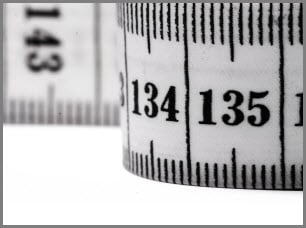Sperm Count: Are You Above or Below Average?

Sperm count is typically one of the first tests performed when evaluating male infertility. Low sperm count decreases your and your partner's odds for conceiving a child, and is one of the most common causes – together with sperm abnormalities and low sperm motility – for infertility in men.
What is sperm?
Sperm are the male reproductive cells that are continuously produced in the testes and the epididymis (located at the top of each testicle). Spermatogenesis is a complex process that takes about 64 days in humans. Once mature, sperm cells are stored in the epididymis until they are released into the semen and ejaculate during an orgasm.
What is sperm count?
Sperm count describes the number of sperm cells in your semen. Normal sperm count ranges from 15 million to 200 million cells per milliliter of semen. Your sperm count is considered low (a condition known as oligospermia) if your semen contains fewer than 15 million sperm per milliliter, or less than 39 million sperm cells per ejaculate, according to the MayoClinic.
Sperm Count Testing
Your doctor can evaluate your sperm count with a simple and painless semen analysis test. In order to do the test, you need to provide a semen sample by either masturbating or using a special condom during intercourse. The semen sample is examined under a microscope for sperm viability, shape and count. Since sperm maturation takes anywhere from 40 to 75 days, any changes in your sperm health won't be reflected in your semen sample for a few months.
Factors Affecting Sperm Health
Many physiological and environmental factors can affect your sperm health and number, including hormone imbalances, testicular injury or cancer, infections, certain medications, chemicals, radiation and stress. Sometimes low sperm count is caused by improper collection of the semen sample, such as failing to collect the entire ejaculate or not abstaining from sex two to five days before collecting the sample. Your doctor may ask you to provide two or more samples to ensure the count is accurate.
Low Sperm Count
Treatment for low sperm count depends on the cause of the condition. If your semen analysis indicates low sperm count, consult your doctor about the possible causes and treatment options available. Although low sperm count decreases the changes of achieving pregnancy, it does not mean you cannot father a child.






